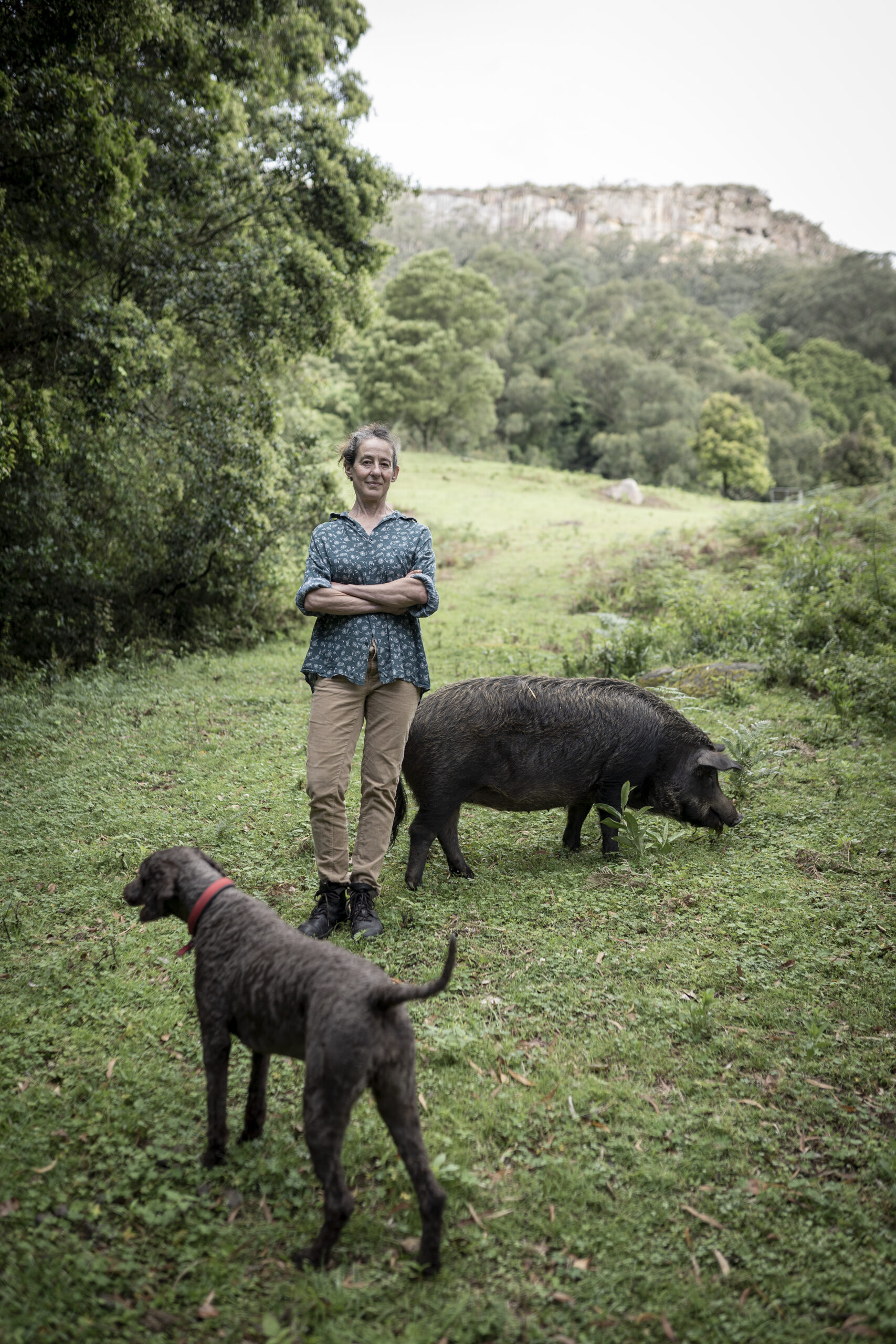Chapter proposals invited for an edited collection, Animal History and the Common Good.
Over the last month or so, we’ve seen plenty of discussion in public and academic contexts of the sad irony that the fiftieth anniversary of the first Earth Day was marked by a global pandemic. Speakers and writers have drawn our attention to the anthropogenic nature of the crisis and a sense that our ecological chickens have come home to roost, so to speak, due to unsustainable human engagement with animals and the broader global environment. Jane Goodall points to “humanity’s disregard for nature and disrespect for animals” as a cause of the pandemic. Donald Worster recently analyzed it similarly as the product of a long history of human behaviors that produced “disturbance[s] in ecological relations.” Others say that this is a “moment of truth” revealing what has been broken in our society, culture, politics, or economy, and how we have tolerated inequalities and abuses through an anthropocentric combination of politicized procrastination and denial. One television program even compared global habitat destruction to everyday consumerism by describing “factory farm” CAFOs as “America’s wet markets.”
Of course, animal researchers in a variety of disciplines have been explaining this for years: what happens to animals happens to people. Why has that lesson been so difficult for humanity to understand and abide by? To begin assembling an answer, this collection will offer case studies and stories about the interspecific past that center animals as the proverbial canaries in the coal mine. Chapters should address Canada, the United States, or Mexico since 1800. They can consist of historical case studies or syntheses, either new research or new perspectives on/retellings of stories we think we know. They may investigate topics and themes such as (and in no particular order):
– zoonoses, epizootics
– animals and anthropogenic environmental change / global warming
– animals and “disturbances in ecological relations” (eg. habitat destruction, wildlife trade)
– animals and climate denial
– crises (animal or human) that reveal underlying problematic conditions in society, economy, culture, politics
– animal “health” as a political, commercial, or scientific concept and practice
– industrial animal agriculture and pathogens or environmental change
– animal experience/welfare and capitalism
– animal experience/welfare and human population growth
– intersections of human inequality and animal exploitation
– animals in industrial agriculture, research and testing, hunting (recreational, subsistence, and wildlife “management,” “pest” control), entertainment (including zoos and aquariums), the pet trade, or at large in “the wild” and human-settled areas
– some other historical case or story that helps us understand the idea of a common interest between humans and other species in new or unconventional ways
IMPORTANT advice: The extant literature on animals and disease (and other topics) too often treats animals as simple vectors or inanimate objects of interdiction, slaughter, or legislation. This collection will not replicate that approach. Instead, we are looking for contributors to explain this: what was the lived experience of the history you document, for animals especially, and its effect on nonhuman and human behavior? What is the animal welfare history of unsustainable human engagements (exploitation, predation, abuse, neglect, unintended impacts, etc.) with animals and the environment? Or, some similar approach that centers animals and their behaviors or experience. If you would like to propose something and strategize about how to frame it to make sense with the collection, please drop me a line.
Please send a 250-word abstract to Susan Nance (snance@uoguelph.ca) by May 30, 2020. Thereafter, first drafts of no more than 7500 words (including notes) will be due October 1, 2020. We have a publisher interested and hope for final publication in early 2022.


